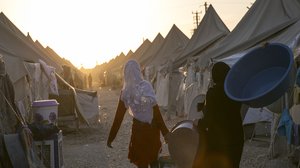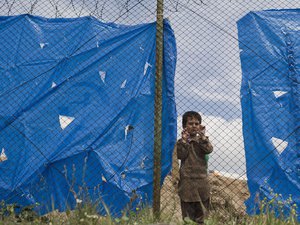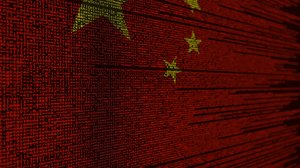Digital technologies are playing an ever-increasing role in the lives of refugees and internally displaced people around the world.
They help international organizations, governments and civil society provide services and support to refugees. Refugees will benefit from improved access to information and online services.
However, with over 25 million refugees and 40 million internally displaced people, greater effort is needed to ensure that technology brings solutions with tangible benefits and avoids potential risks and harms. Lack of internet access, algorithmic bias, and privacy and data breaches can further marginalize and endanger people who are fleeing persecution, violence and mass atrocities.
Technology should enable refugees to realize their potential, so they can make meaningful, transformative contributions to the economy and society. These technologies should be designed to help refugees overcome the many challenges they face, including lack of access to information and resources and educational, financial and social services.
Refugees must be included in the creation of technology-enabled solutions. This includes equipping refugees with the skills and information they require so they can contribute to the design and development of digital technologies that directly affect them.
Techfugees is an example of how hackathons can bring together refugees and the tech community to develop solutions together.
When designing, developing and deploying their products and services, the tech community should adhere to the Hippocratic Oath “to do no harm.” Ensuring privacy and security of the world’s most vulnerable is paramount. It is vital to ensure that refugees are not exploited online.
The Toronto Declaration, prepared by Amnesty International and Access Now, sets out key principles on “protecting the right to equality and non-discrimination in machine learning systems.” This declaration can provide a framework for the tech community to use as they build new products.
The World Refugee Council recommends that a multi-stakeholder ethics board be created. This board would improve accountability and provide checks and balances, to ensure that technology does no harm and creates real value and benefits for refugees and internally displaced persons.
Developing technology in a way that empowers refugees will create positive change in the global refugee system.
Find out more on the World Refugee Council’s website.


